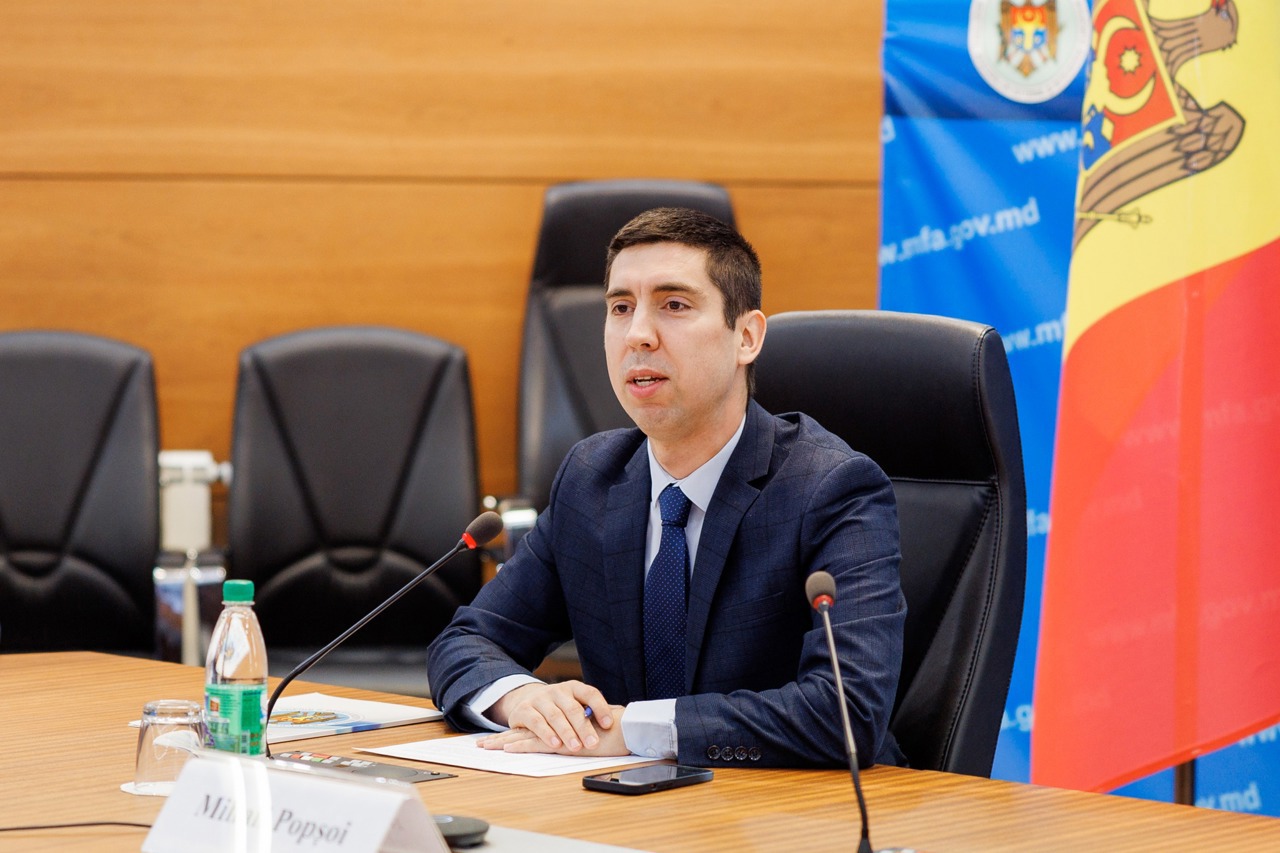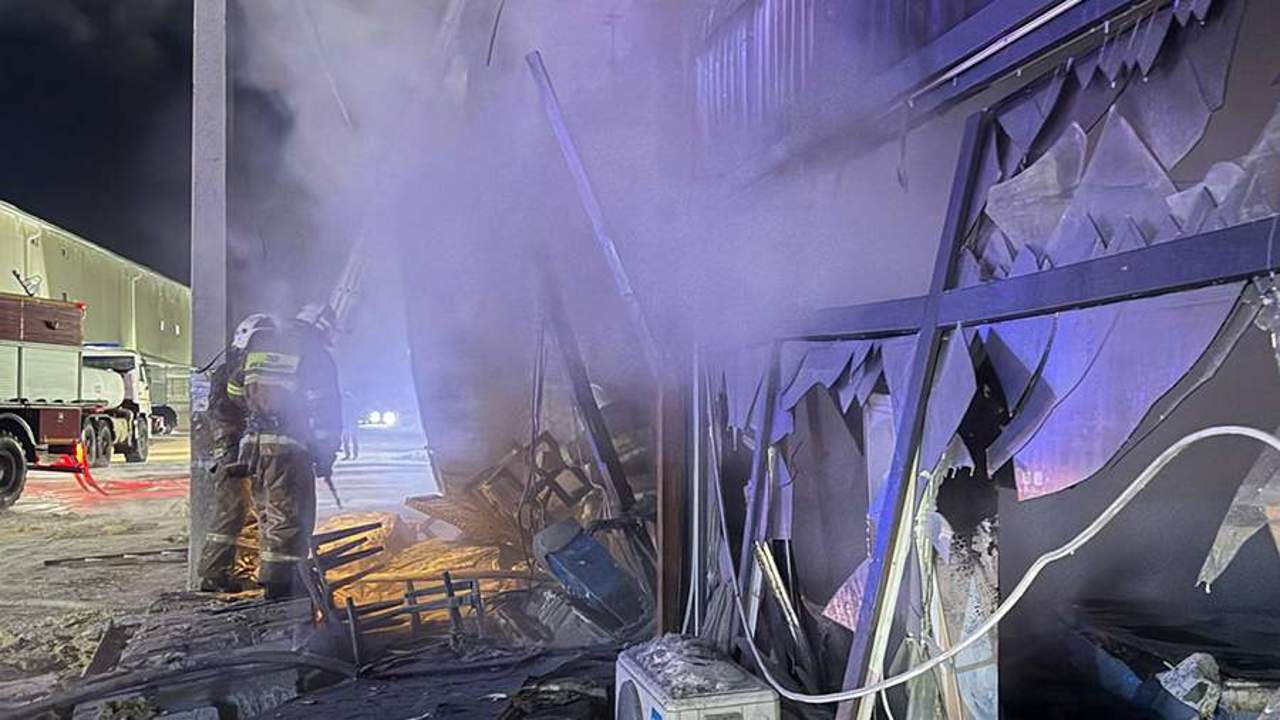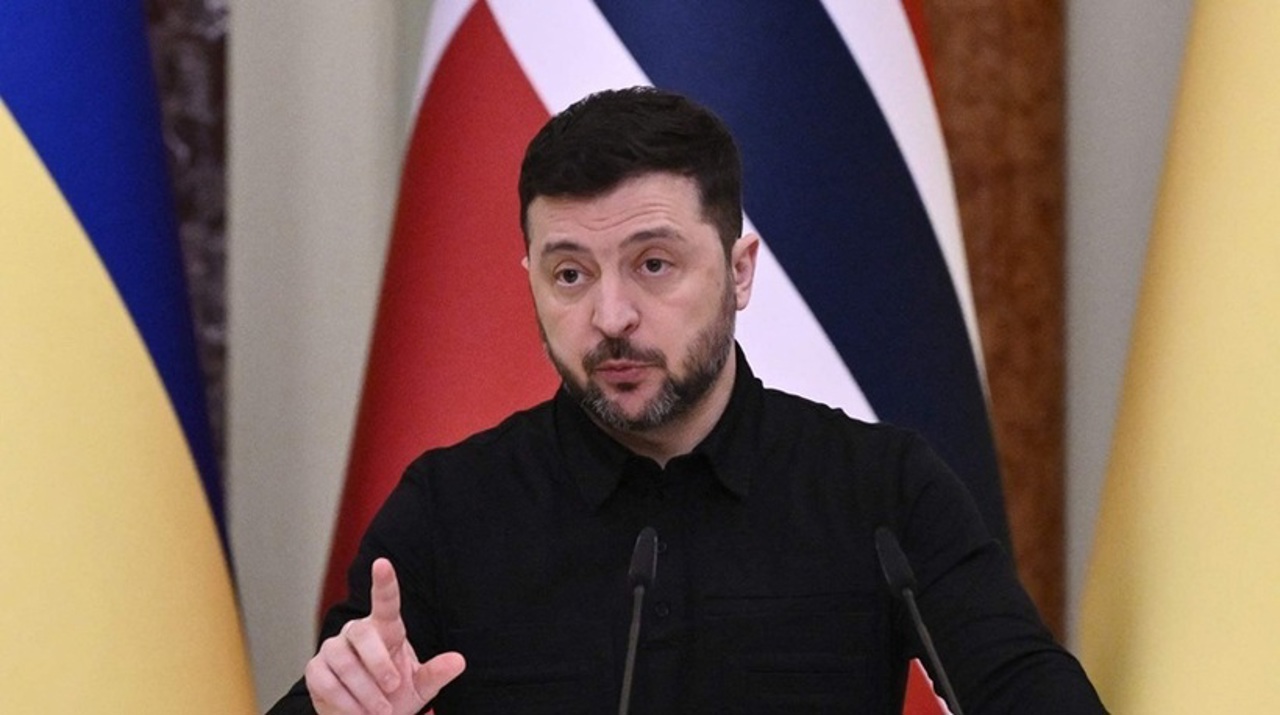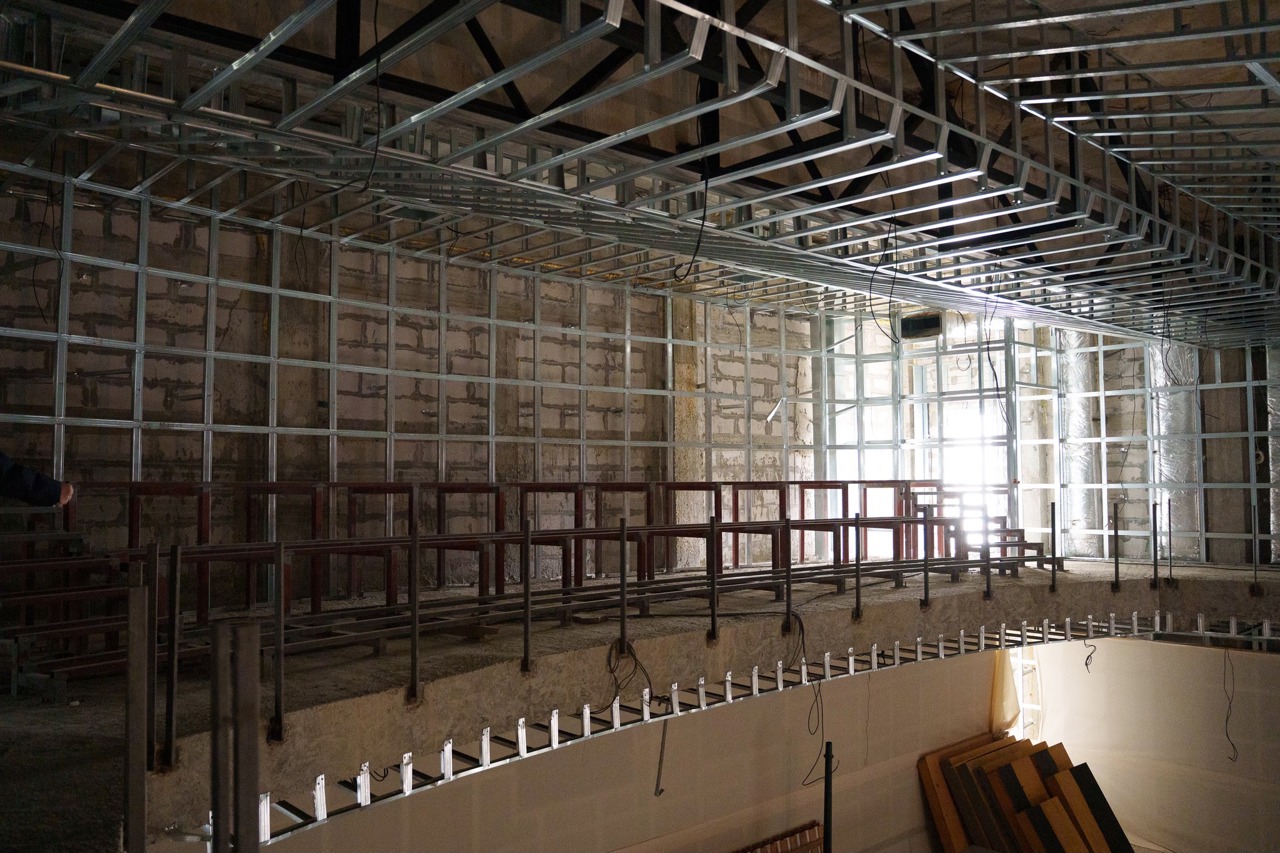INTERVIEW // The Republic of Moldova will soon open the first clusters of negotiations for EU accession. What are they and what do they entail?
The Republic of Moldova will open, in the coming weeks, the first clusters of negotiations for EU accession, declared the Minister of Foreign Affairs, Mihai Popșoi, in an interview with Radio Moldova. According to him, the process is strongly supported by Poland, which holds the presidency of the Council of the European Union.

"The first clusters are to be opened soon, in the coming weeks, effectively. The Polish presidency is fully open. Moldovan President has an extremely close relationship with Prime Minister Tusk, who was the president of the European People's Party," Popșoi noted.
The official pointed that close relations with Denmark, which will take over the presidency of the Council of the EU after Poland, and continuous support from the member states will be essential in the next stages of the integration process. “And we will work both at the level of the Ministry of Foreign Affairs and at the level of our colleagues in Parliament, in the Government, of President, to maintain these extremely close and tight relations with all countries, without exception, in the European Union, so that we can move forward in a credible way, in a way that increases the trust of our partners that we are not only in good faith, but that we deliver results in the context of the commitments we have made.”
What do negotiation clusters mean?
In the process of accession to the European Union, negotiations are structured into chapters that cover different areas of the community acquis (the set of common rights and obligations that is mandatory for all EU member states). According to the new EU enlargement methodology, these chapters are grouped into thematic clusters, each addressing specific sectors. The first cluster, which is always opened, includes fundamental principles such as the rule of law, justice, economic issues and political criteria.
Opening a cluster involves evaluating and aligning national legislation and practices with EU standards and norms in the respective areas.




